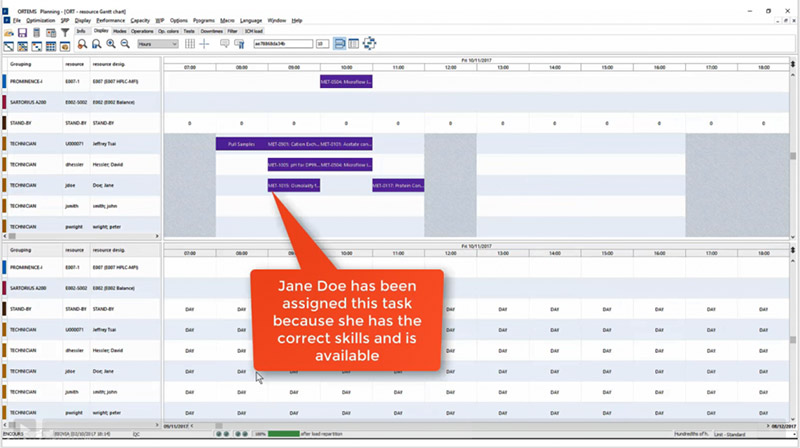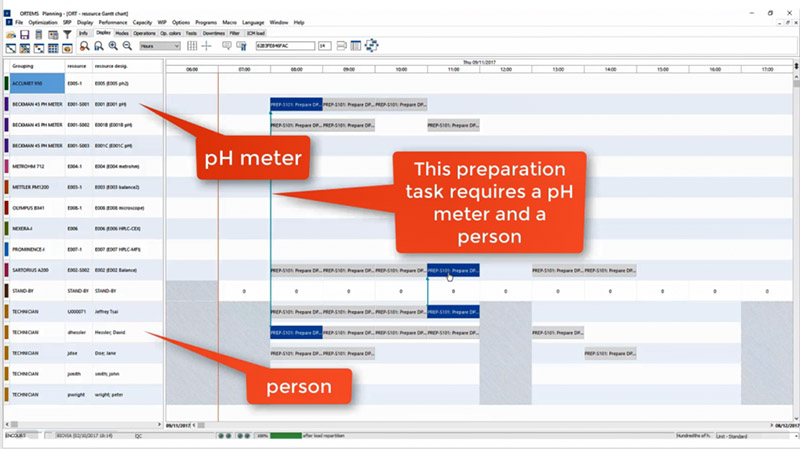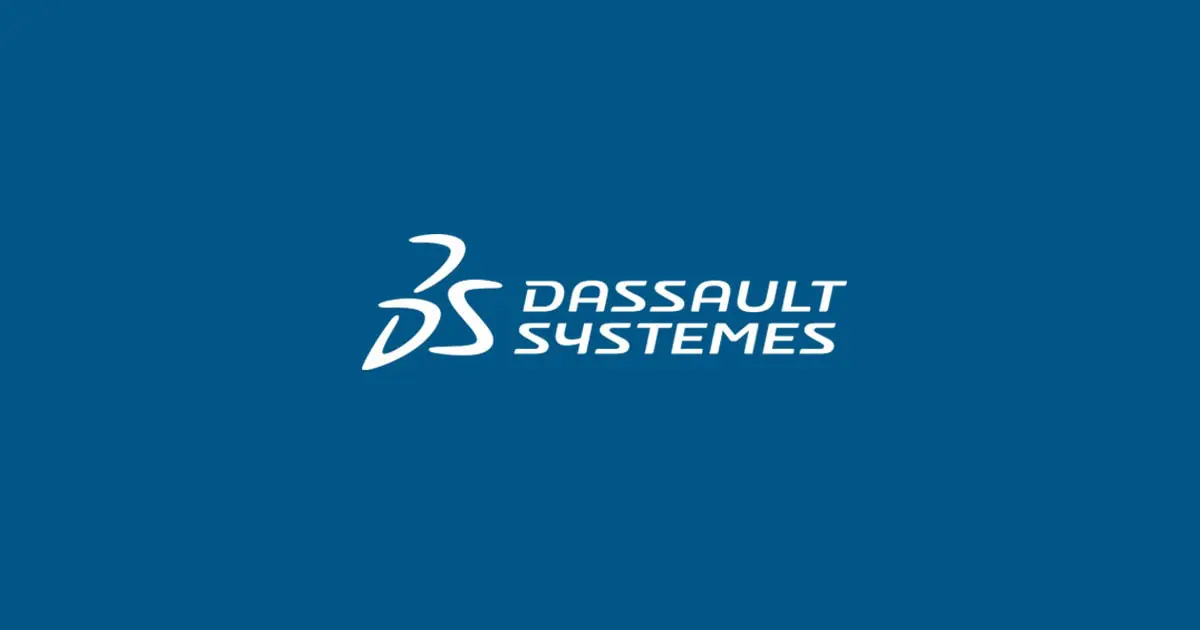Remote Workforces
Biopharma and other industry labs from R&D through product development to quality testing face a familiar lineup of daunting challenges.
You know the usual suspects: spiraling costs, testing backlogs, long cycle/lead times, regulatory compliance efforts and ongoing pressure to increase lab efficiency, maximize asset utilization and enhance productivity.
Today’s era of increased remote work has placed additional complexity in the areas of lab planning, management and scheduling.
Laboratory work requires specialized equipment and hands-on time in shared lab spaces. Many lab employees are now spend only limited time in the lab and in smaller teams and work that does not require them to be in the lab is done from home.
This makes managing tasks, scheduling lab space and matching available equipment with qualified technicians/scientists more challenging, particularly as some organizations transition segments of their workforce to permanent work-at-home status.
Stitching with a Digital Thread
Although scientists often find themselves working in smaller teams and/or asynchronously from colleagues, they are also striving to raise the bar in delivering safe and efficacious therapeutics to patients. To make the best possible use of their time in the lab, scientific organizations require a unified lab environment with a digital thread connecting method creation/management, lab planning/management, lab scheduling/ optimization and lab procedure execution.
Lab Scheduling and Optimization
Dassault Systèmes has recently augmented its Unified Lab solution with the addition of a new, intuitive Lab Scheduling and Optimization capability.
After you have defined specific tasks, the scheduling application allows you to optimize assignments based on personnel availability, skills, training and equipment readiness. You will know at a glance who is available and who has the necessary bandwidth and skills to complete specific tasks on time.
You will know who is going on vacation and when, who is trained on the required equipment and what equipment is available. Based on all these inputs, the system creates the schedule and tasks it out so that it is available to all Unified Lab users in accordance with their need to know.
For example, the lab manager can see the overall schedule including committed people and equipment, while individual scientists/technicians can access the tasks assigned to them by the system.

The solution automatically matches available equipment with qualified scientists, while also tracking dependencies of related tasks and synchronizing lab tasks with non-lab activities.
Most importantly, the app can simulate and optimize where additional resources such as instruments, equipment, materials or people could accelerate task completion, e.g., perhaps by the addition of more high-performance liquid chromatography (HPLC) instruments of a specific type.

See It in Action: A Stability Testing Workflow
This video demonstrates BIOVIA’s new Lab Scheduling/Optimization app in the context of a stability testing workflow. See how you can make the right resources available at the right time with optimized scheduling of scientific tasks.


